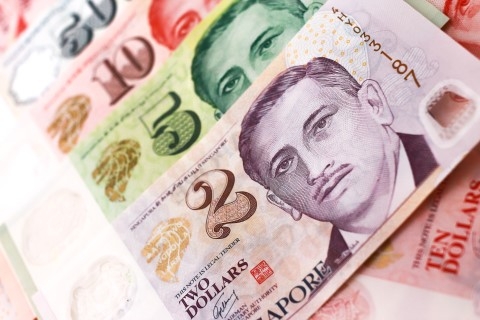
Is the oil price crash bad enough to trigger another MAS easing?
It won’t be the same as 2015, analysts say.
Singapore’s central bank is unlikely to ease monetary policy again despite the prolonged downturn in oil prices, according to a report by HSBC.
HSBC said that the Monetary Authority of Singapore (MAS) will not ease policy to counter the city-state’s 14-month deflation streak.
“There have been market expectations for a policy change by way of a wider band, but our FX strategist believes there is a low likelihood of this. While many believe the MAS widens policy to accommodate higher volatility, widening the band is actually a tool to deter speculation by injecting fresh uncertainty about the new boundaries only when the previous settings have been tested by the market,” HSBC said.
Although the current global backdrop is quite similar to last year’s, HSBC argued that another off-cycle easing move is unlikely because the central bank’s inflation and GDP expectations have already been trimmed this year.
“To counter these cyclical headwinds, we think the policy reaction will be different than in 2015. We expect another expansionary budget, this time extending beyond infrastructure and tackling corporate investment and consumption,” HSBC said.
“At this juncture, we expect the MAS to keep policy on hold as core CPI is tracking within the forecast range, even assuming oil prices stay at the current level throughout 2016. We do not expect an off-cycle meeting before April, as was the case last year. Any easing will likely be contingent on a technical recession materializing in 1H16,” the report added.
























 Advertise
Advertise






